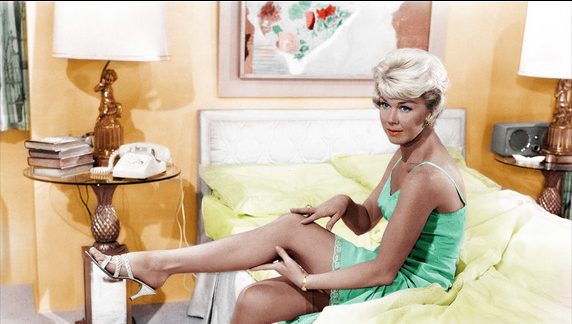This weekend, Doris Day got a pretty big birthday surprise. Instead of celebrating her 93rd birthday it turned out it was her 95th. Doris must be freaking out, right? Wrong. She was actually pretty zen about the whole thing.
“I’ve always said that age is just a number,” she said in a statement on Sunday. “I have never paid much attention to birthdays, but it’s great to finally know how old I really am!
Which got us thinking: as certified ‘Young People’ we hear about age all the time – our economic experiences are set out by these ‘life markers’ we’re expected to reach, yet those seem to be getting further and further away – and it’s up for debate how much they really matter anyway.
So fine, we may be buying a house later, but we’re also getting married later, retiring a hell of a lot later and dying later. Maybe we should all be a bit more like Doris and chill – age is just a number after all.
OK, so say we do care about these ‘milestones’, it looks like we’re doing all of them later anyway. Let’s have a look at the stats.
Buying your first home
UK: In 1973, the average age for first marriages was around 24.5 for men and 22.6 for women. In 2013 it was 32.5 years for men and 30.6 years for women.
US: In 1980 the average age of a first marriage was around 22 for women, 24.5 for men. By 2016, it rose to 27.5 for women and 29 for men.
Having your first kid
UK: The date you get your state pension is currently 65 for men and it's gradually increasing for women from 60 to 65. It's pretty likely that people in work now will be looking at somewhere between 66 and 67 for both genders by 2028.
US: It’s 66 for full state social security, and will rise to 67 by 2027.
Life expectancy
UK: In 1960, people were expected to live to the age of 71. In 2014 it was 81.6.
US: In 1960, life expectancy was 69.77, now it's 78.94.
The point is, we do reach the economic landmarks we’re supposed to; does it really matter that we’re reaching them a little later? We all go through life in our own good time, so what’s the rush? Maybe it’s time we stopped worrying about how old we are and what we should and shouldn’t have done by now, cuz hey, you could be two years older than you thought you were anyway.


